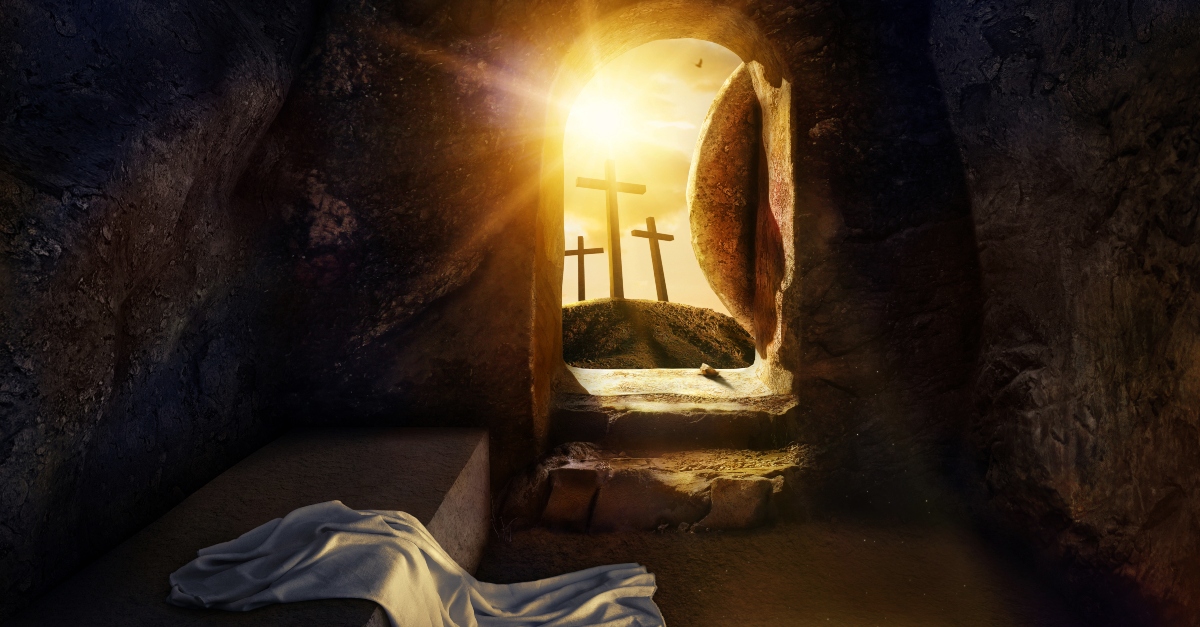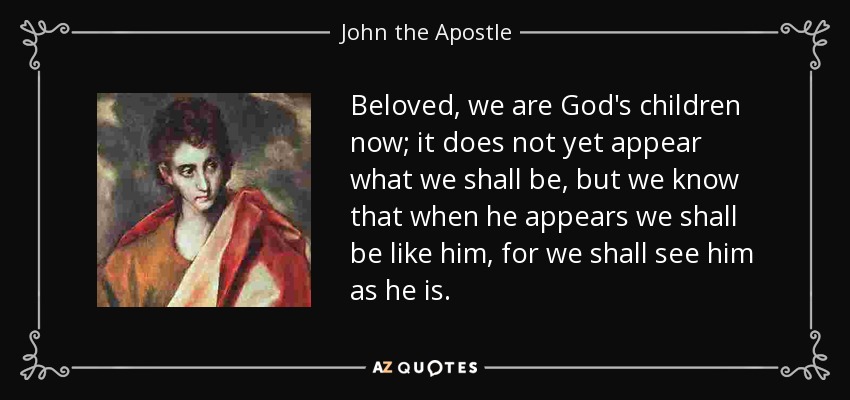Everything I wanted in a Christmas homily today was summed up in these three precious words - "God with us".
I think this year has prepared our hearts for this good news, but also likely challenged our belief and understanding of the phrase - certainly any superficial stances on God's Providential care were out the window by month two of the pandemic, let alone by this time of year, when we are all so weary and worn.
But I want to come back to that phrase, "God with us". The moment we acknowledge that God is in control, that God is at work, that "God is with us", we have painted ourselves into a corner.
Because if God is with us, we are accepting He is with us in all things. Good and bad, better and worse. This is the promise, and we are forced to see the world differently: We are not in control, and that is a good thing.
It can seem so easy to look at the miraculous and see God's Providential care. We can accept the virgin birth, the resurrection, healings and testimonials of recovery from addiction, because of the obviousness of the gift.
But can we trust in "God with us" when things don't seem to get better? When the world seems on fire and people are losing jobs and families are separated and our loved ones are dying? Do we still believe then?
For those of us who choose to trust God, we have found our faith tried - as St. Peter put it, "like gold that has been tested in a fire". We have found our hopes clarified - we cannot cling to anything in this world, because all of it is passing. We have (hopefully) found our love strengthened and refined by witnessing so much suffering, needing creativity in pouring ourselves out.
We can point to the Canon of Scripture to show how God was working throughout Salvation History, preparing a people for the coming of Christ. But we need to point to the Canon of Now just as boldly and declare with our lives, "God is still with us, and He is still working".
When God first came to us, it was in a poor family in a cold stable far from home. But the Holy Family still carried peace and joy in their hearts, even as they were persecuted and fled to Egypt. That sense of belovedness remained with them throughout their lives, even as Joseph died and Jesus left home and was rejected and betrayed and scourged and killed.
They knew that "God with us" is a promise: They are never alone. And they recognized Him in every detail of their lives, both significant and mundane. They saw how God was doing beautiful things in the good, and how God was compassionately standing beside them as they endured the trails.
As we begin this Christmas season, I'm left wondering: what are the conditions I place on seeing "God with me"? Where in my life (the traumas of the past, the pains of the present, the hopes and fears of the future) do I not yet recognize that promise? Where do I need to further entrust myself to Him?
After the darkness and quiet of Advent, where God worked in painful and bitter waiting, I am so glad to be able to celebrate the immediacy of God in the Incarnation (which I have every intention of celebrating the full season). But the true test is in the darkness, when we can't see the light and can only walk by faith. I want to wish you all a very Merry Christmas, and perseverance in seeing God in the here and now - "God with us".










/PalmSunday-58e280f35f9b58ef7e94e120.jpg)



